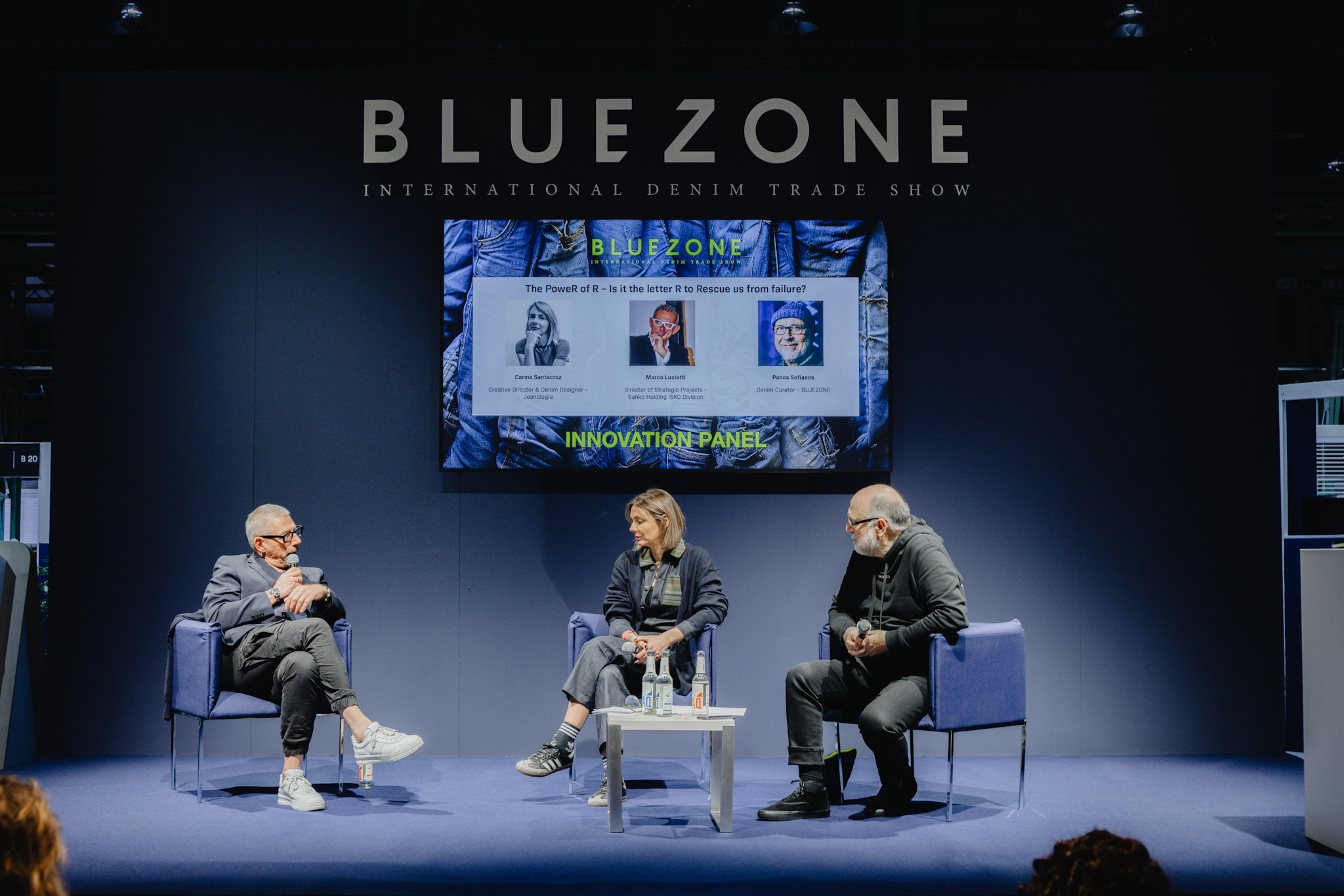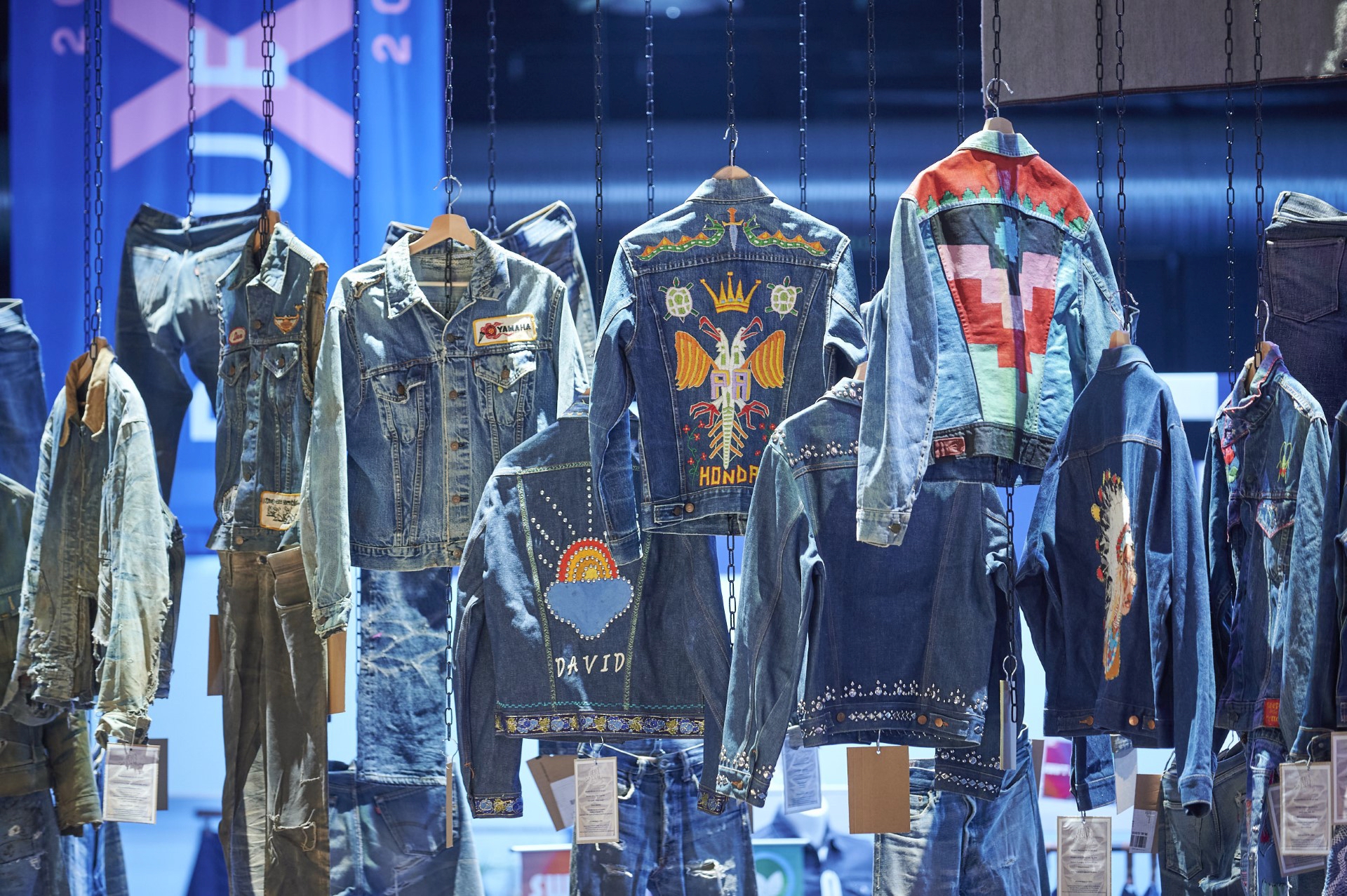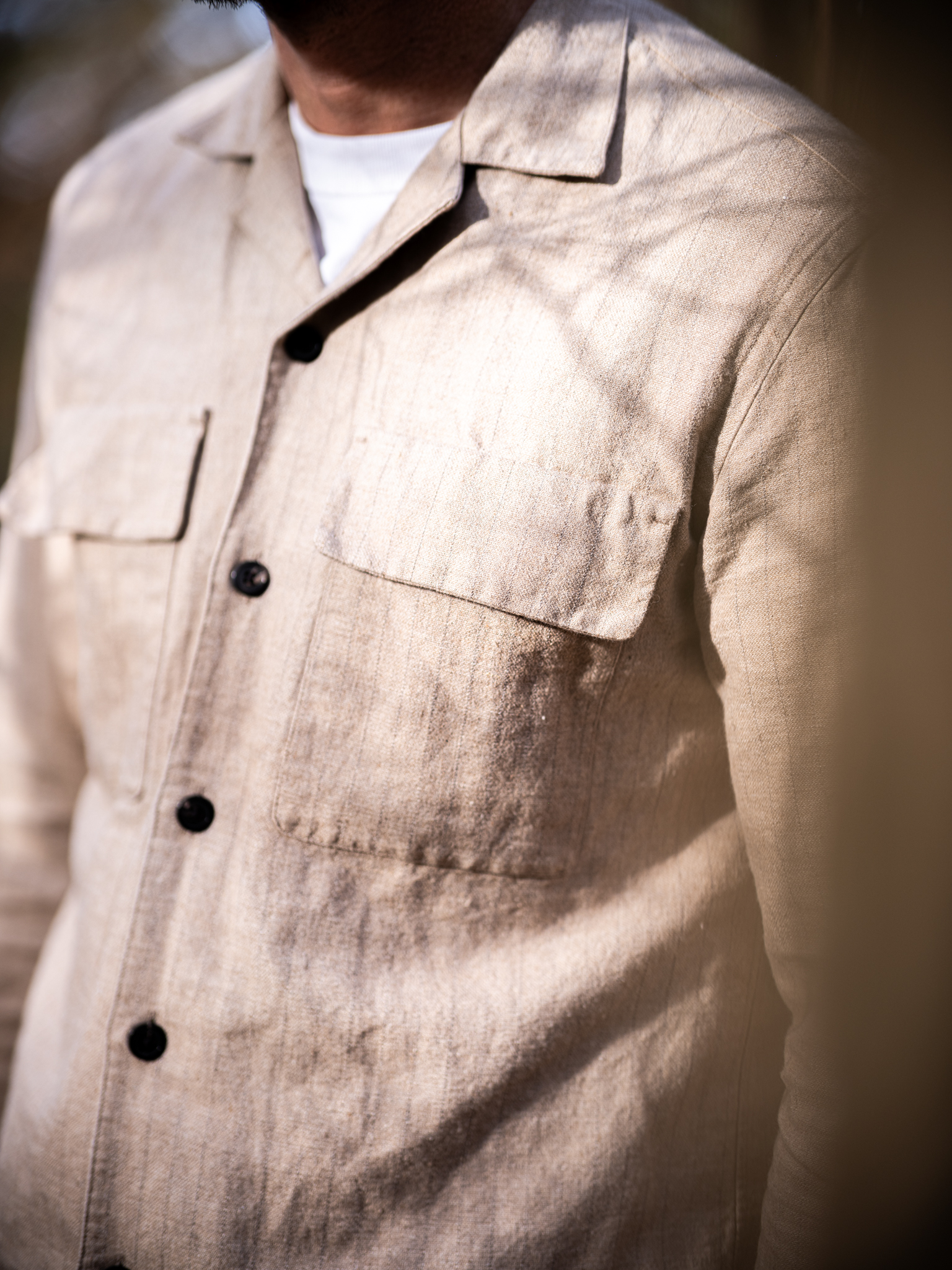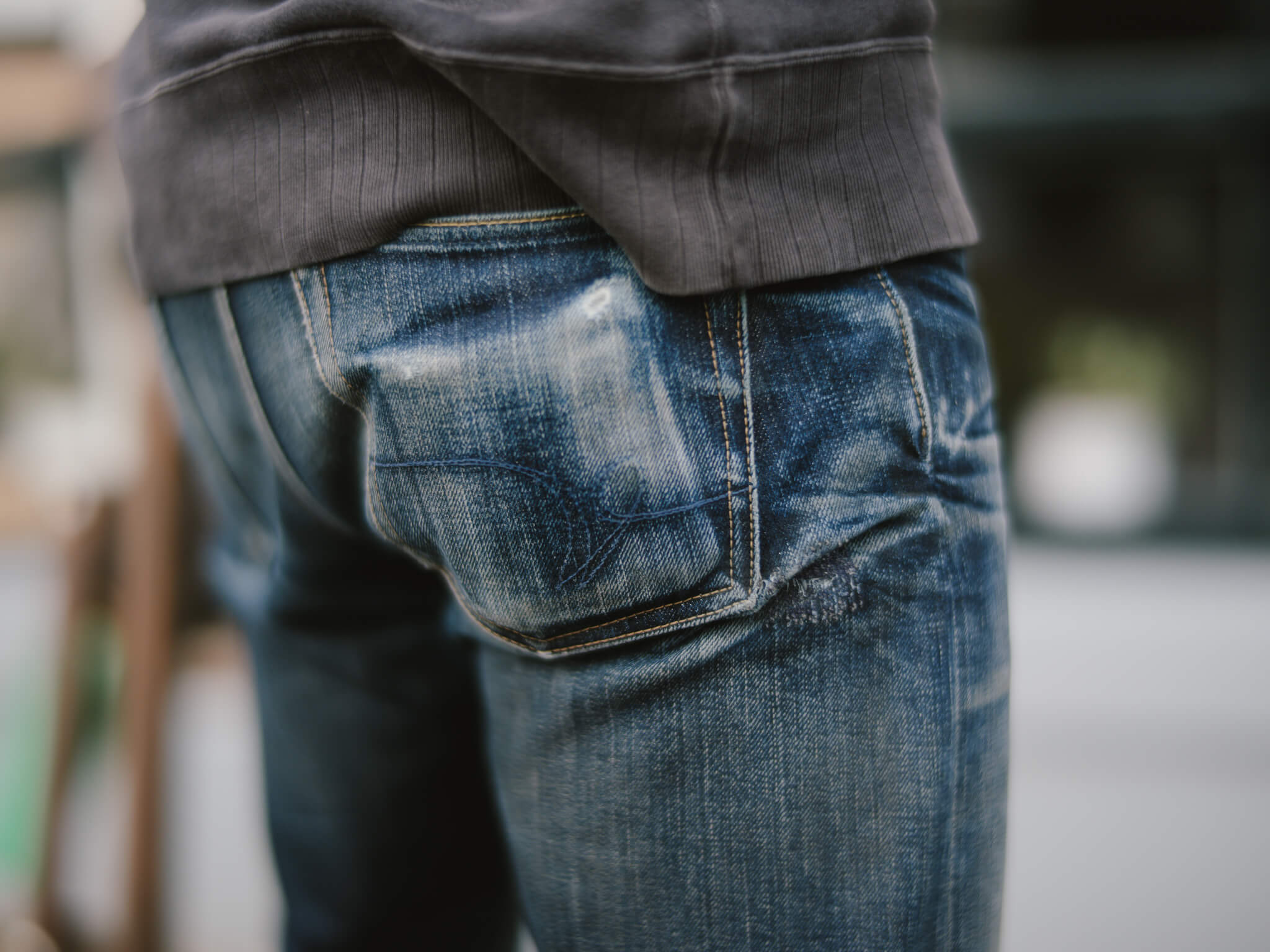Interview with Isabel and Eduardo: Owners of Redcast Heritage
Redcast Heritage Co. is an online multi-brand menswear store and based in Madrid, Spain. The store was established in 2018 and is built on the owner’s love for Japanese denim and vintage workwear. Owners, Isabel Moreno and Eduardo Sánchez, a young couple from Madrid whose dream has always been to establish a small business, created Redcast Heritage with one very clear mission: Offering durable quality garments made with attention to detail that age in the best possible way.
When we first noticed Redcast Heritage and went through the roster of brands they were carrying, we saw a list of admirable and highly-sought after Japanese denim brands including Tanuki, TCB, Studio D’artisan and Trophy Clothing. The store continues to offer only top notch Japanese denim brands, all sharing the same vision of using the best materials and artisan techniques available today. Many of these brands aren’t available on the streets of Europe of the USA, with Redcast Heritage acting as the perfect go-between to access so many great Japanese denim brands.
We reached out to Isabel and Eduardo in order to learn more about the Madrid-based denim store. As far as we know there aren’t many high-end denim stores in Spain either, so we were curious about what made them decide to open there. We talk about the beginnings of the store, progress to date and plans for the future.
We hope that you enjoy our interview with Isabel and Eduardo. After reading the interview make sure to pay the store a visit and don’t forget to give them a follow on Instagram!
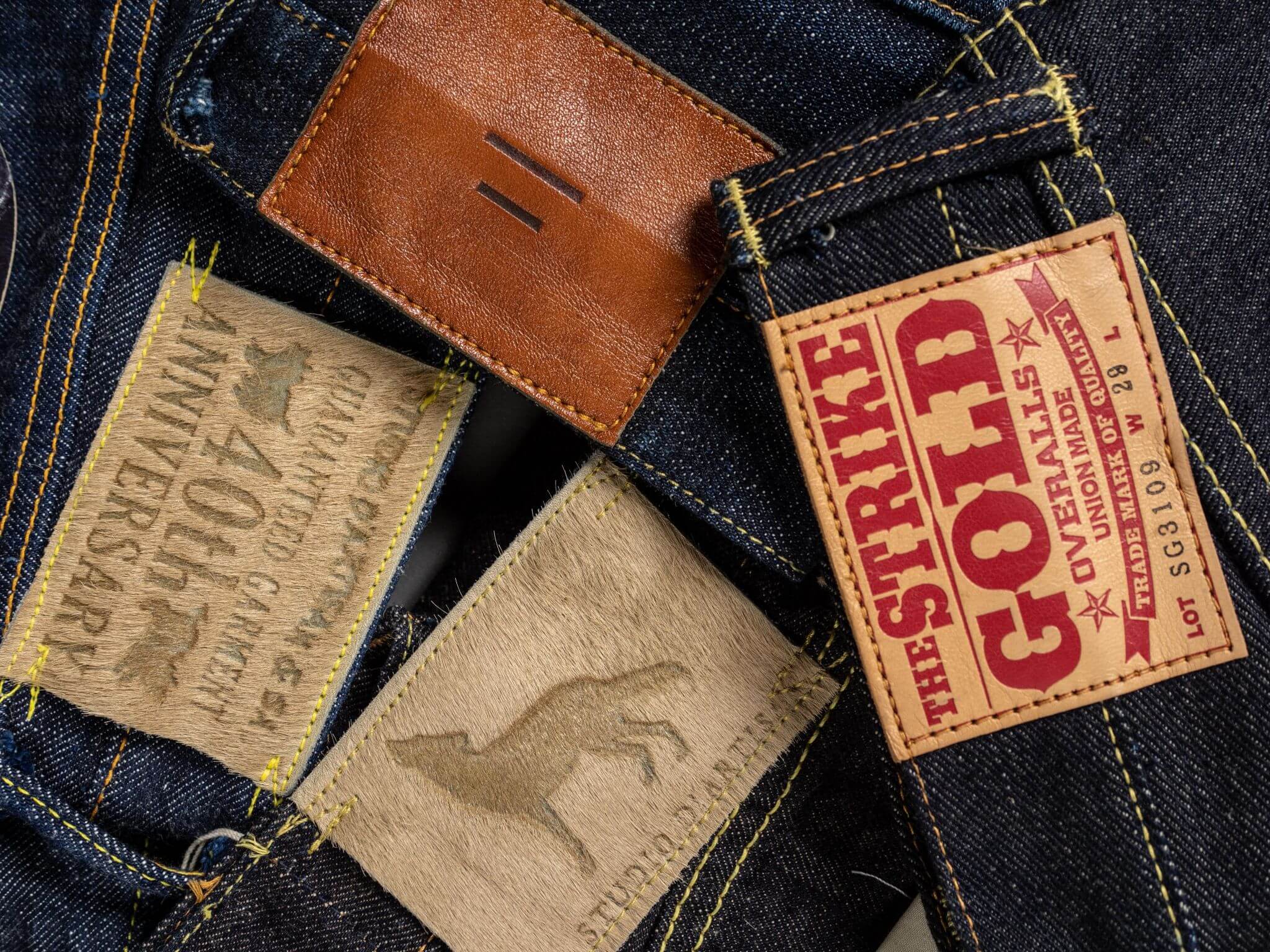
Robin Denim (RD): Can you please start by introducing yourself?
Isabel & Eduardo from Redcast Heritage (I&E): We are Isabel and Eduardo, Redcast’s co-owners and founders, with our centre of operations in central Madrid. Because the company is still small, we are its only workers, so we are the ones who perform each one of the functions an online clothes store involves. From photography and product editing to customer care, website design, dealing first-hand with suppliers, logistics, social media, attending fairs and shows to stay up to date on new collections and to discover new brands etc. In short, between the two of us we do absolutely everything. It has been and continues to be an ongoing learning process, since we both come from sectors that have nothing to do with retail.
RD: How would you describe the store? And when, where, and why was the store founded?
I&E: Redcast Heritage is an online store where you can find very special men’s clothing. It’s not just each garment’s incredible quality but also the way they age over time and the handcrafted production processes behind them. Offering this is something we were completely focused on from the start, so we mostly turned to Japanese brands in a quest for “shokunin”, or craftsmanship as a way of life.
We opened the online store almost two years ago (in September 2018), although the project started a year earlier. For a long time, both of us wanted to have our own project and, above all, devote ourselves to something we were truly passionate about. For many years Eduardo has been a huge enthusiast of Japanese denim and in general all heritage clothing (mainly Japanese). This, added to the fact that we both had a dream of setting up our own business, made us think it was a good idea to unite both things, and that’s how Redcast was born.
“Shokunin” does not fit in with today’s predominant fast-fashion concept, where the importance of consumerism and profitability is above everything.
When we created Redcast, our aim was to offer products that would be as close as possible to the “shokunin” concept. This is why we mostly offer Japanese brands, although we have also found some passionate makers from around the world whose garments follow this philosophy, for example William Kroll of Tender Co. or Iu Franquesa of Companion Denim.
At Redcast you can find a broad variety of unique Japanese denim and timeless, workwear-influenced garments. But always with an eye on the street so they often have that modern twist.
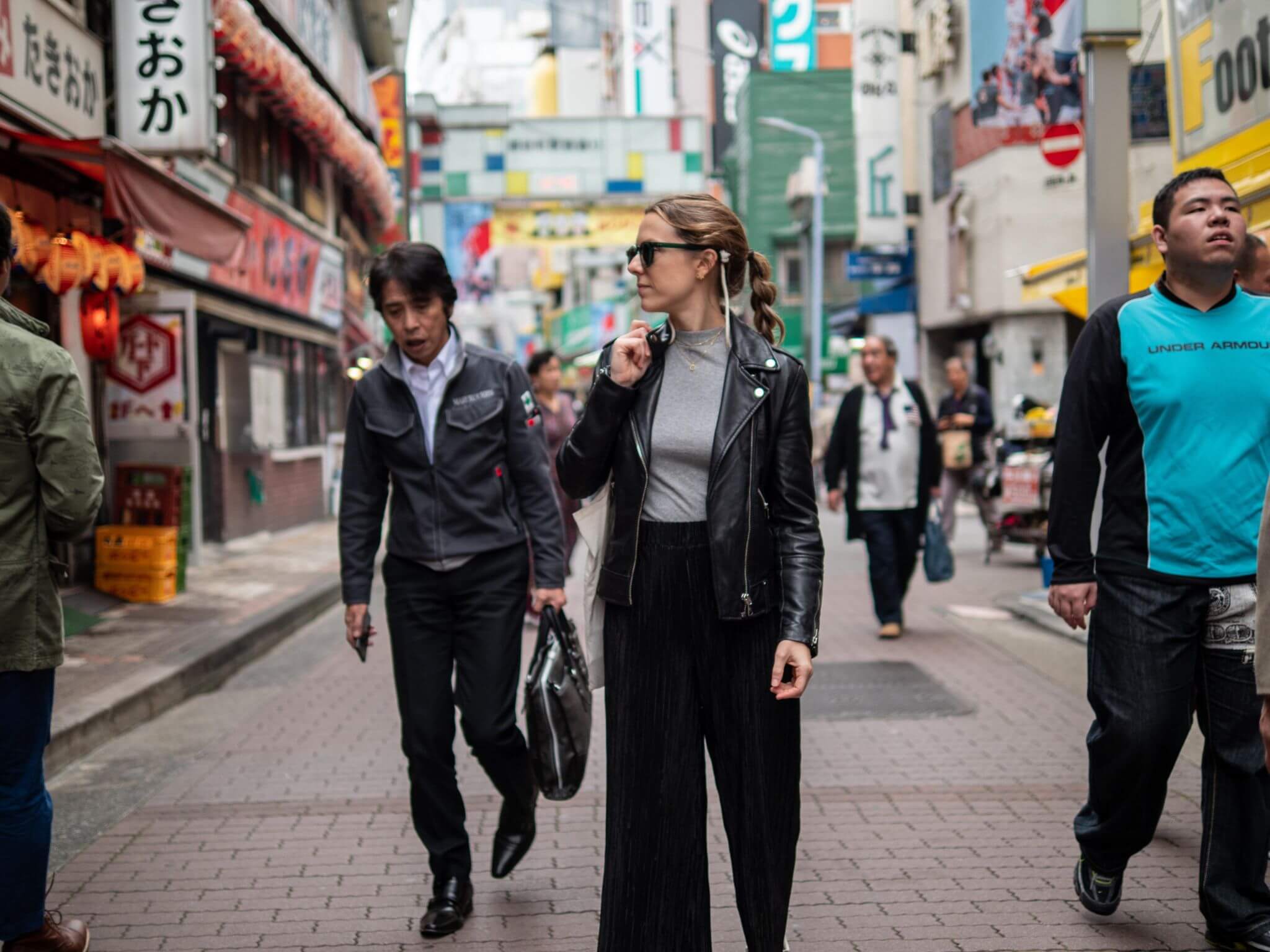
RD: Spain is not the first country that comes in mind when thinking about raw denim. Can you tell us more about your current location in Madrid and the advantages / disadvantages of having a store there?
I&E: It’s true that Spain is not a country where we previously had a raw denim culture. However, it looks like things might slowly be changing…
When we started the project, we were sure that opening a physical store in Madrid specializing in Japanese denim was probably not the best move, so we decided that the project had to focus mainly online so we could also offer our products worldwide. That would be the greatest advantage of having an online store, and at the same time, it would allow us to see the level of acceptance of the garments in Spain.
Our clients come mostly from outside Spain, though there are more and more Spaniards who are venturing into this world. So it seems that bit by bit a ‘raw denim community’ is springing up in our country. This is why, shortly after launching, we decided to also offer a physical sales service by appointment in our Madrid office- warehouse space. This way we can provide a personalized service for local clients and even those who are passing through the city.
This business model is sustainable for us because it allows us to remain 100% focused on online sales yet offer a physical location where clients can personally try on any garment from our catalogue (for some people this is still indispensable before buying).
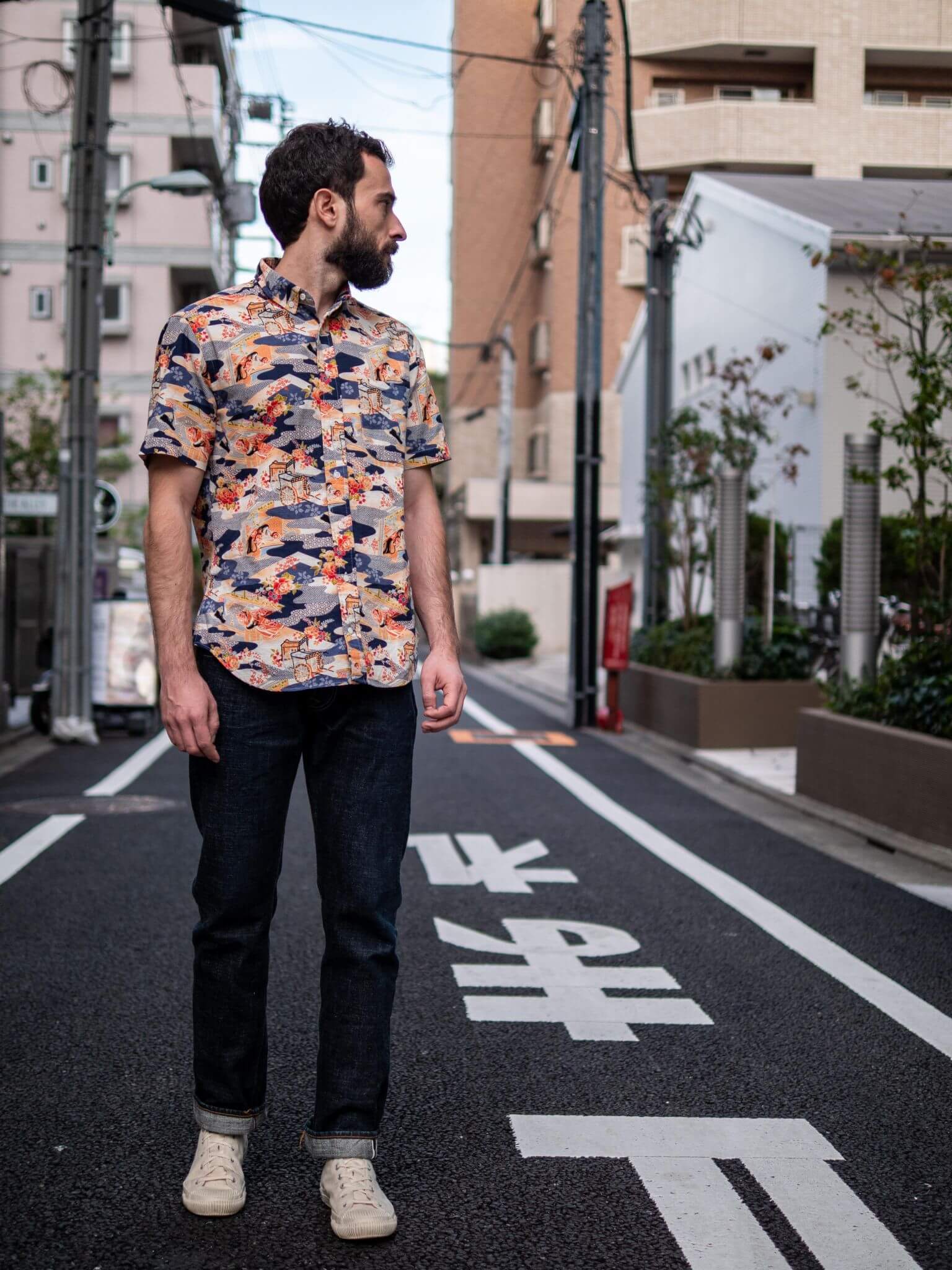
RD: Thanks for the introduction, but why denim? And why Japanese denim?
I&E: Denim is the quintessential fabric. It is one of the greatest icons in the history of textiles and fashion, it has been an emblem of working clothes in mining but also in Hollywood. We could say that today it is in every person’s wardrobe regardless of gender or age, either as a pair of jeans or as a jacket, shirt, etc.
And why Japanese denim? Simply because we believe it’s the most special and unique. The Japanese work the details like nobody else, putting quality above everything. Weaving denim fabric may look simple: cotton, indigo, warp and weft, a loom and that’s it. However, Japanese denim goes way beyond this. Japanese denim masters experiment with different types of fabric tension, cotton, weight, dyes and application methods. Plus, a lot of skill is needed to work the old Toyoda or Sakamoto looms. These looms achieve unique textures, but they are also extremely slow machines that heat up easily and there are no replacement parts.
In mass production processes it would be unthinkable to work with such looms or to use natural indigo or “Kasezome” dyes due to the considerable increase in costs and production time this would entail. So what differentiates Japanese denim from the rest is not just its extremely high quality, finishes, textures and details but also the ethos and dedication behind it (this brings us back to the “shokunin” concept).

RD: How do you select the brands that you are working with? What are the most important requirements for the brands you are carrying?
I&E: When we choose brands, we are looking for those where the production of the garments is as close as possible to that concept of textile craftsmanship and their collections offer timeless pieces with a touch of street cred, good fit and, above all, a lot of detail.
Also, traveling to Japan and visiting the workshops in Okayama and Osaka, or attending trade fairs, helps us to learn first-hand about the work that goes into those brands and allows us to discover new ones. This is a truly enriching experience that also helps us in transmitting our store’s philosophy to our clients.
RD: There are many web stores selling the same products as you do, how do you differentiate Redcast Heritage from other stores?
I&E: We believe that through our customer service and all the details we offer on our website, whether the product photos or their description and always up-to-date size charts, differentiates us.
For our shipments we use only express delivery with an international company of proven quality. We deliver anywhere in the world within 24 and 72 hours. We also offer a free first size exchange and have recently reduced the minimum order amount needed for free shipment. Plus, for clients from outside the EU the prices are tax-free, allowing us to be more competitive outside Europe.
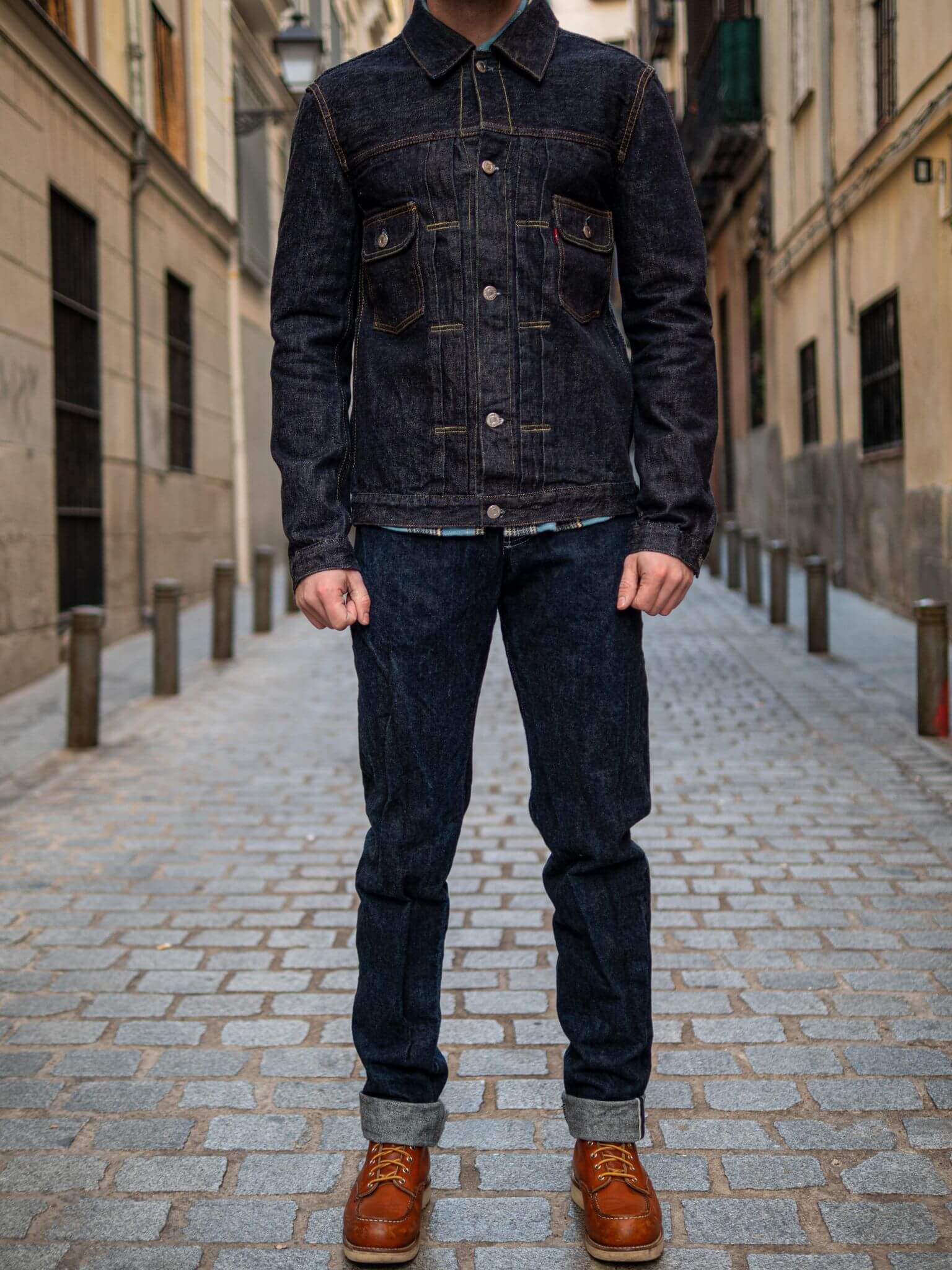
RD: What are current trends within the denim market? And do you see a change in comparison with a few years ago? If so, how do you keep up?
I&E: There are three factors we are seeing as a trend in raw denim;
First the fabrics, with slubby options increasingly in demand. A few years ago the trend was towards thicker fabrics and almost always in the unwashed option, but currently people are choosing more comfortable garments: lighter fabrics, even as light as 12- 13 oz., and the one-washed appears to be gaining ground in both Japan and the west.
Secondly, the more classic fits and Levi’s reproductions are giving way to more modern, slim tapered fits, including all kinds of variations (higher rises, shorter lengths etc.).
Thirdly, dyes. Some other dyeing methods, in addition to rope-dyeing, are appearing in the raw denim world, especially in the Japanese denim brands. For example “Aizome” or “Kasezome”. Speaking about dyes, we also see an increasing supply in natural colored wefts dyed with other elements different from indigo such as the pomegranate or the Akane plant.
RD: How do you approach big topics such as sustainability and strive to make a positive impact on the industry?
I&E: On one hand our garments are always made without compromising the resources of future generations. They are environmentally friendly while respecting the work of everyone who is involved in the process. All the workshops use old techniques and all the men and women who work in them enjoy only the best conditions. Furthermore, we try to reduce the use of plastic in our shipments as much as we can.
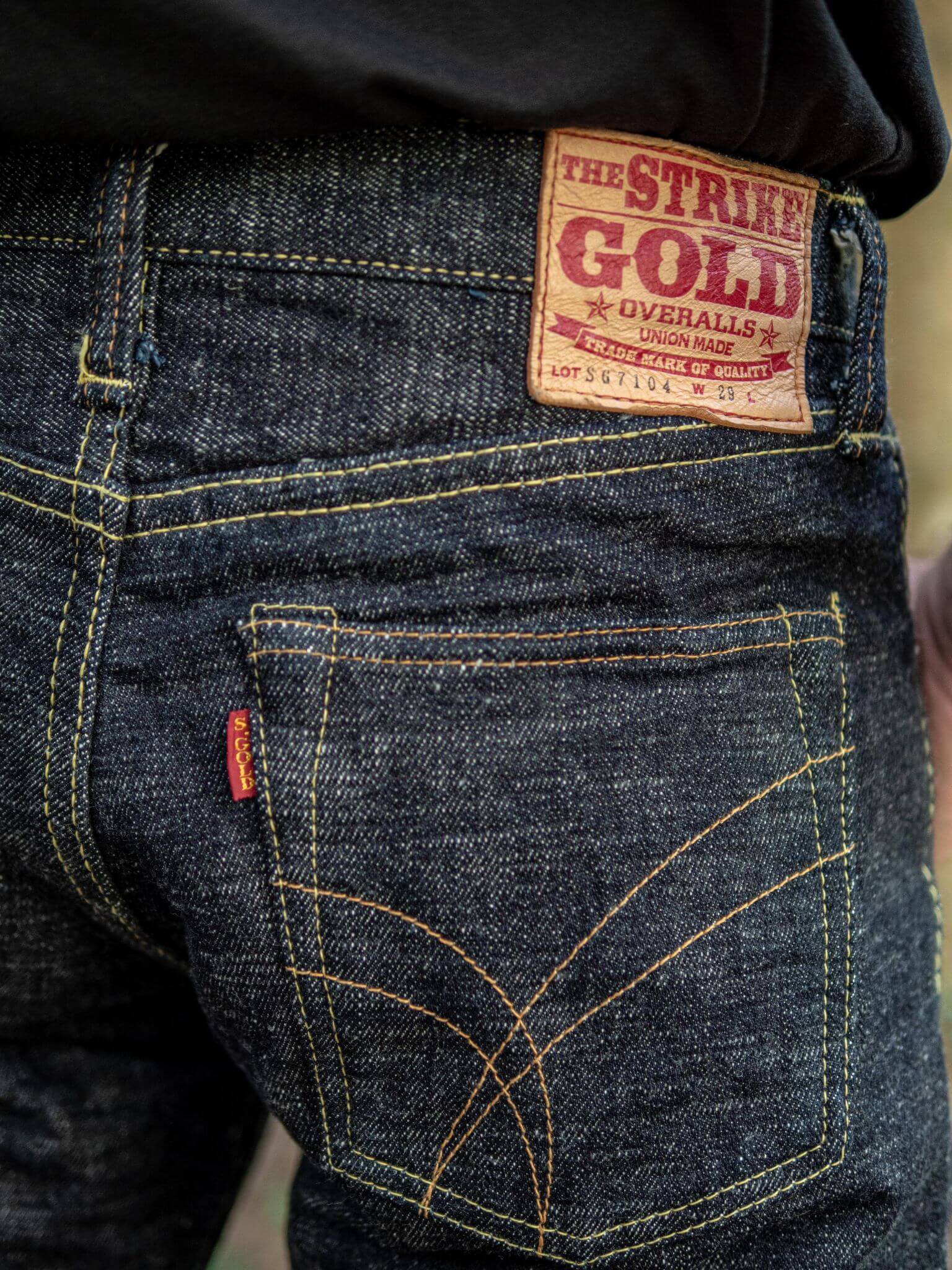
RD: What are your thoughts/plans and retail predictions for the future?
I&E: We believe that due to digitization and globalization, the retail sector has been undergoing a transformation process for years and has recently seen a major increase in online shopping. And this trend will only be intensified after the COVID-19 crisis. There are probably many changes due to this situation which will be here to stay, not only in our lifestyle habits but also in consumption. We believe online retail has secured its position.
However, we also think this progression is no obstacle to people continuing to enjoy the shopping experience in a physical store where they can see, touch and try on the garments, so it is likely that hybrid retail model will continue to play an important role in all sectors.
RD: Are there any new brands (or collaborations) coming up in the foreseeable future that you can tell us about?
I&E: We have several labels in mind that we would like to bring into our brand list. If all goes well, we will announce one of them shortly. We can’t say any more right now, but it is a household name and their latest collections and special editions are absolutely groundbreaking.
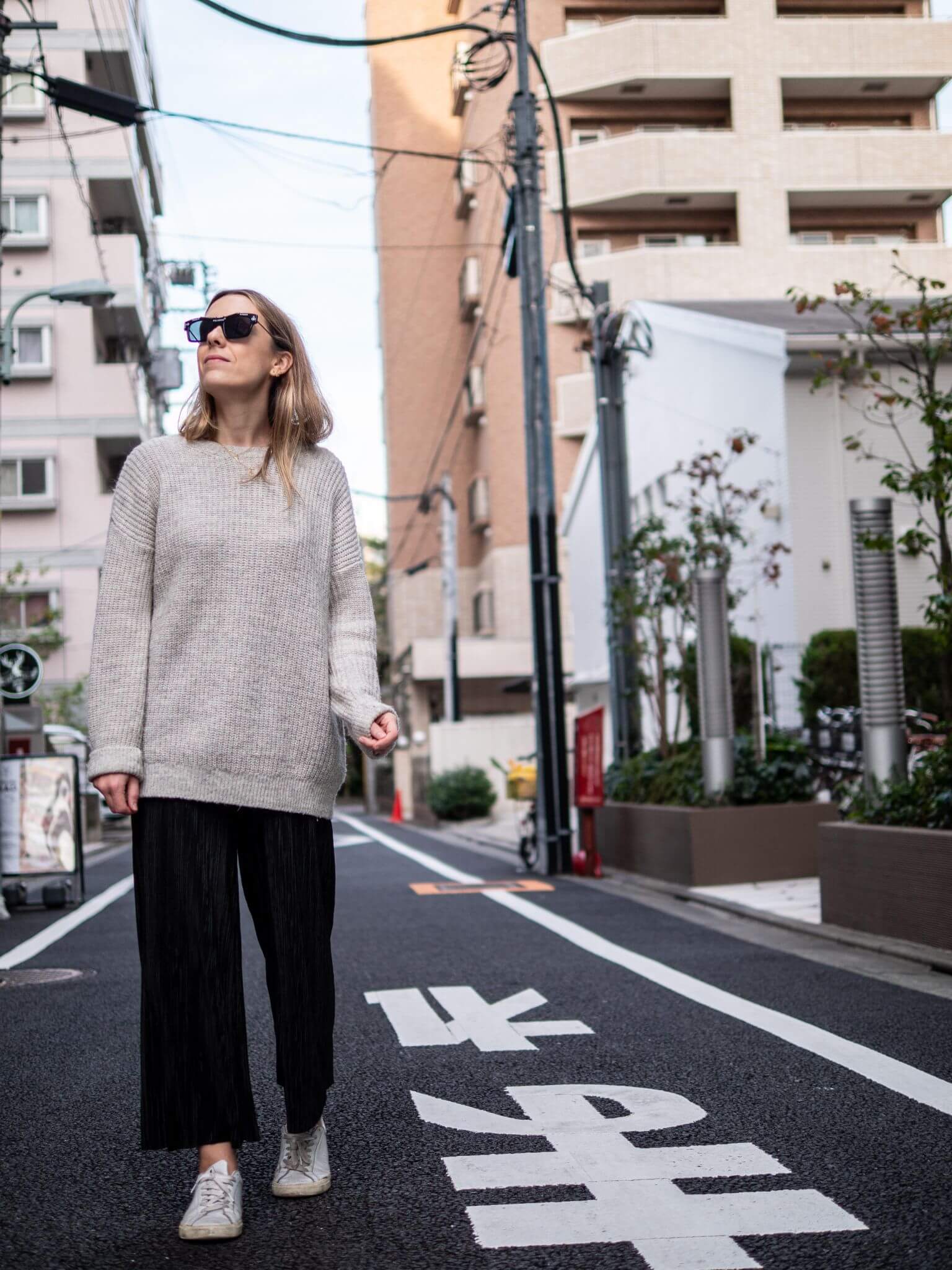
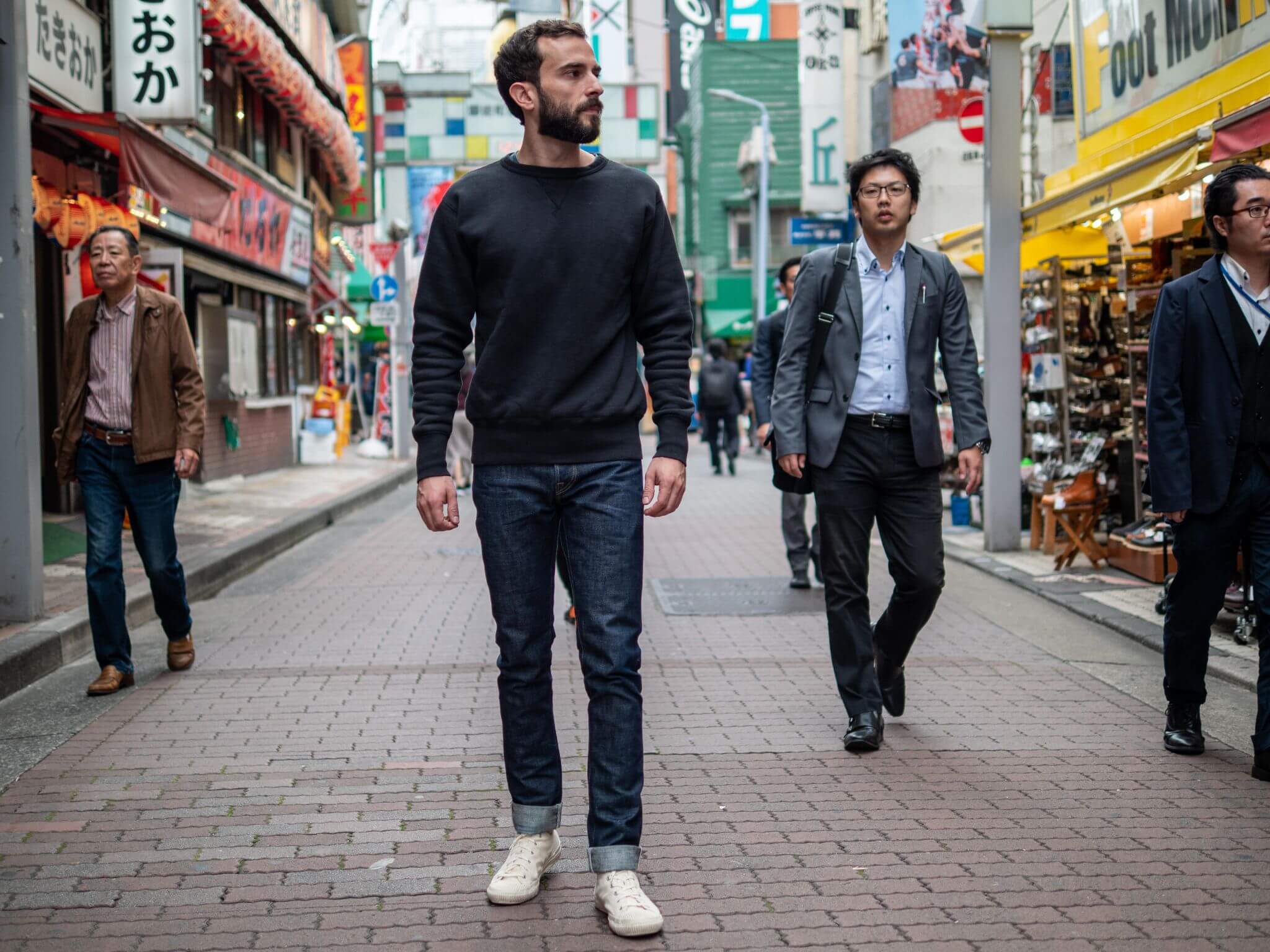
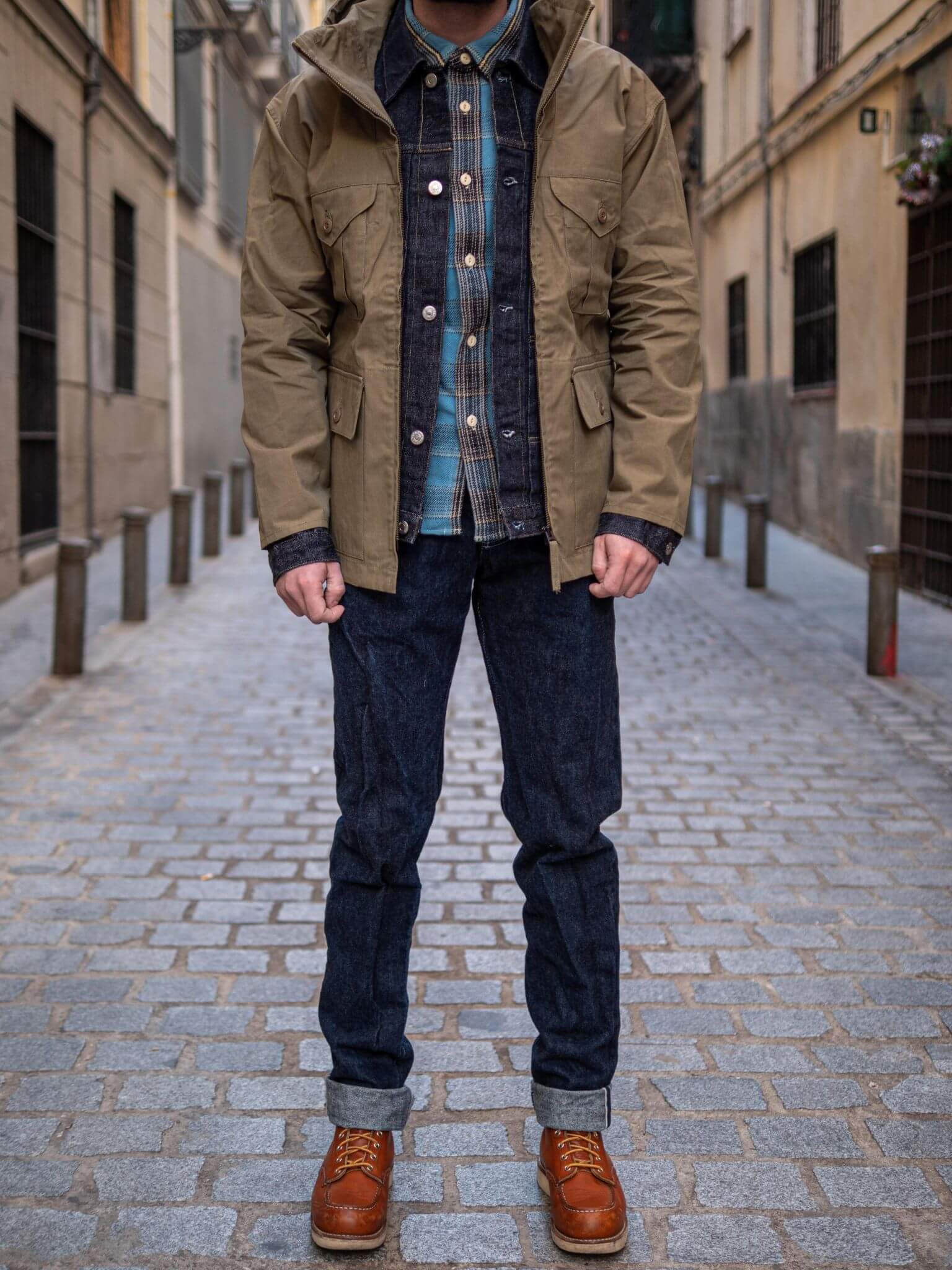
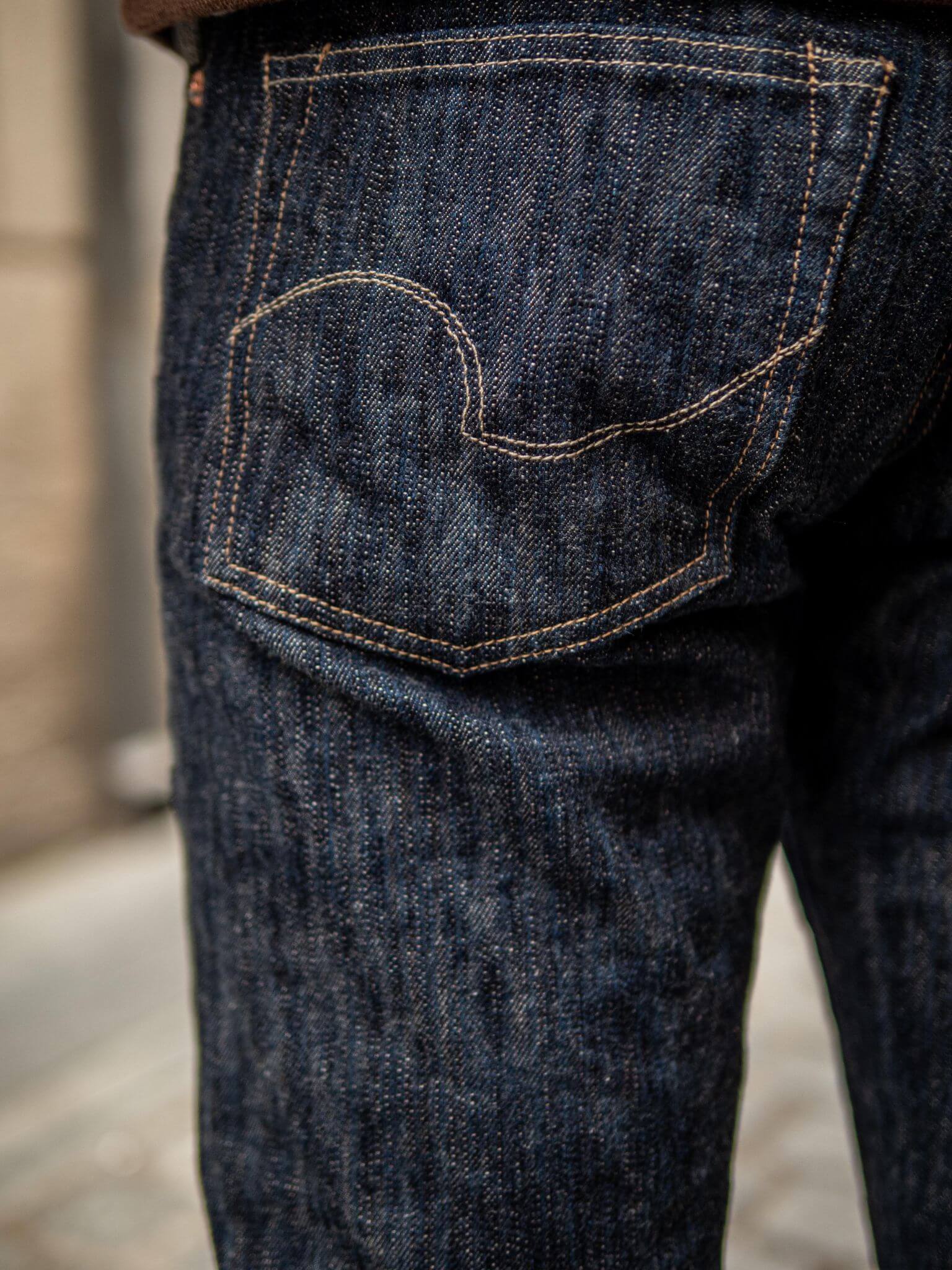
 Share
Share
 Tweet
Tweet
